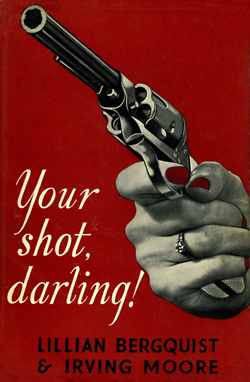Welcome to Kill Your Darlings . . .
. . . where I’m looking forward to curating as many word- and language-related gems as is physically, mentally and emotionally possible—as well as sharing some original thoughts of my own.
The general public has given more than a few writers credit for coining the ominous phrase kill your darlings, which commands us to strip away those things that fail to serve the reader, even if it means doing violence to some of our best loved phrases, passages or ideas. But, it was the scholar Sir Arthur Quiller-Couch who originally advised in his 1914 Cambridge lecture On Style, “. . . Whenever you feel an impulse to perpetrate a piece of exceptionally fine writing, obey it—whole-heartedly—and delete it before sending your manuscript to press. Murder your darlings . . .” (On the Art of Writing p 203).
Years later, the successful yet realistic Stephen King said, “. . . kill your darlings, kill your darlings, even when it breaks your egocentric little scribbler’s heart, kill your darlings.”
Search the Web and you’ll find pages and pages of commentary on that phrase—who said it, what it means, how to do it, even why not to do it (see this pretty wonderful article by John Crowley in Harper’s Magazine called “Spare the Darling”). Whichever approach a writer might take, being willing to separate ourselves from familiar and even cherished ideas, biases, and narratives leaves room to draw in more than we had before. Whether by metaphorical blade or bottle, a little bit of death can indeed bring life to the soul.

Recent Comments